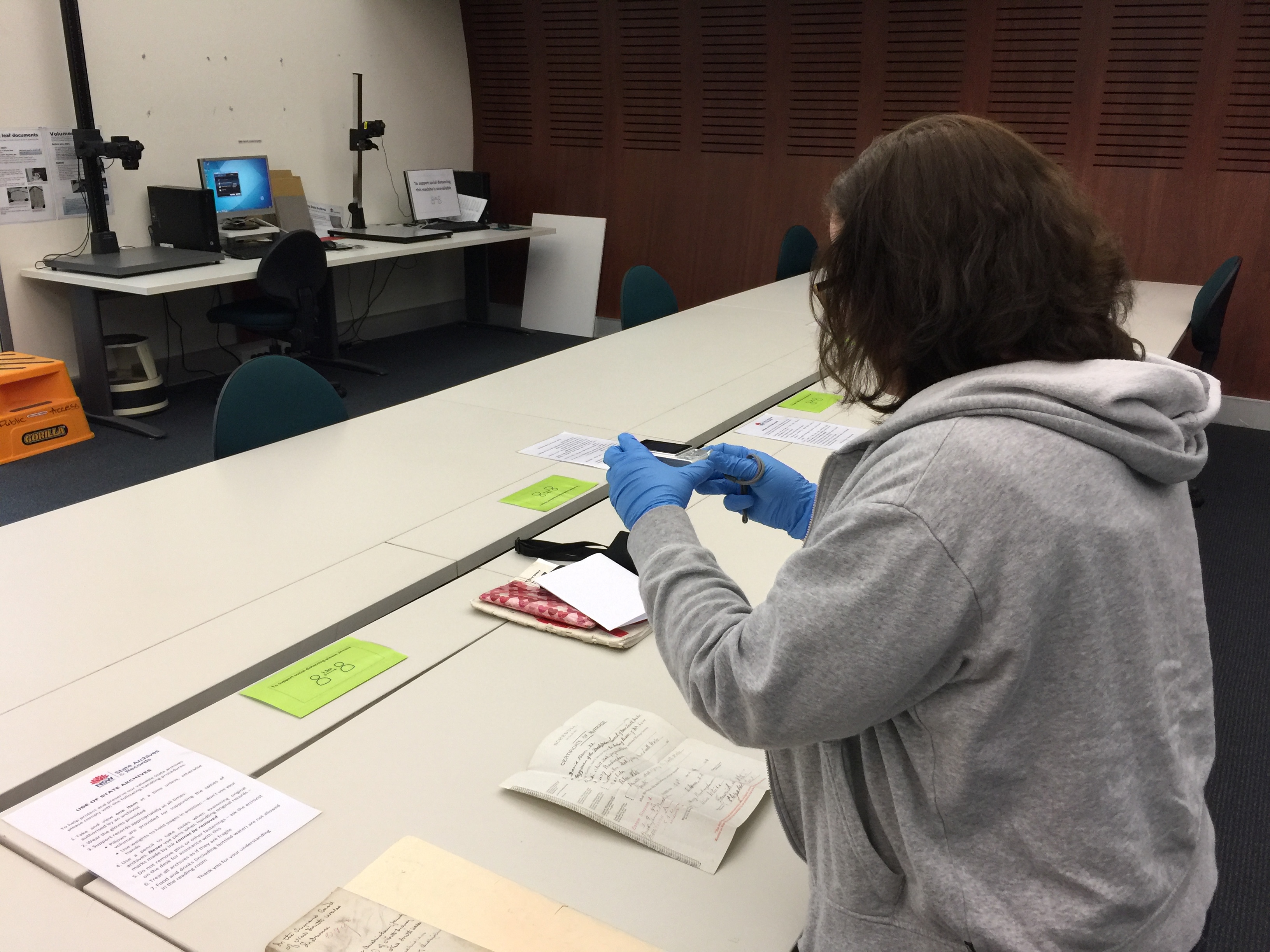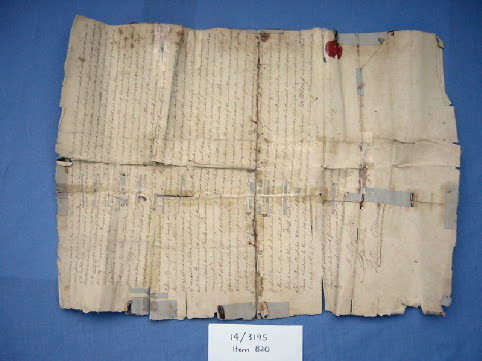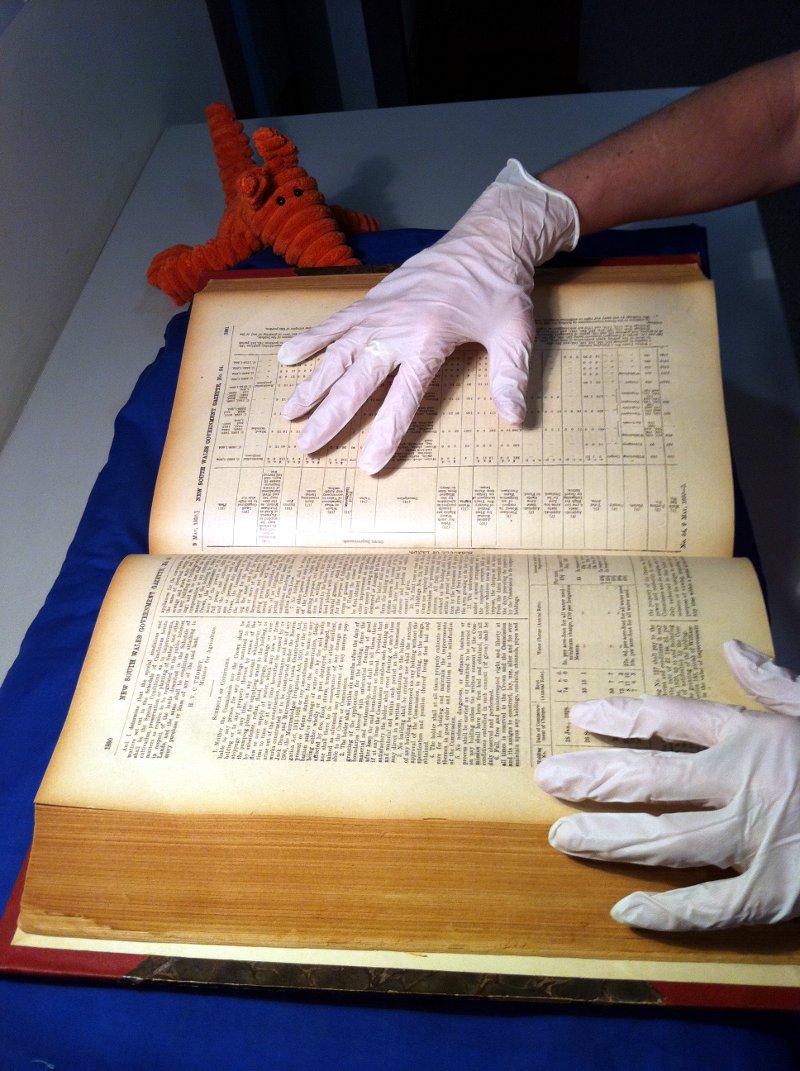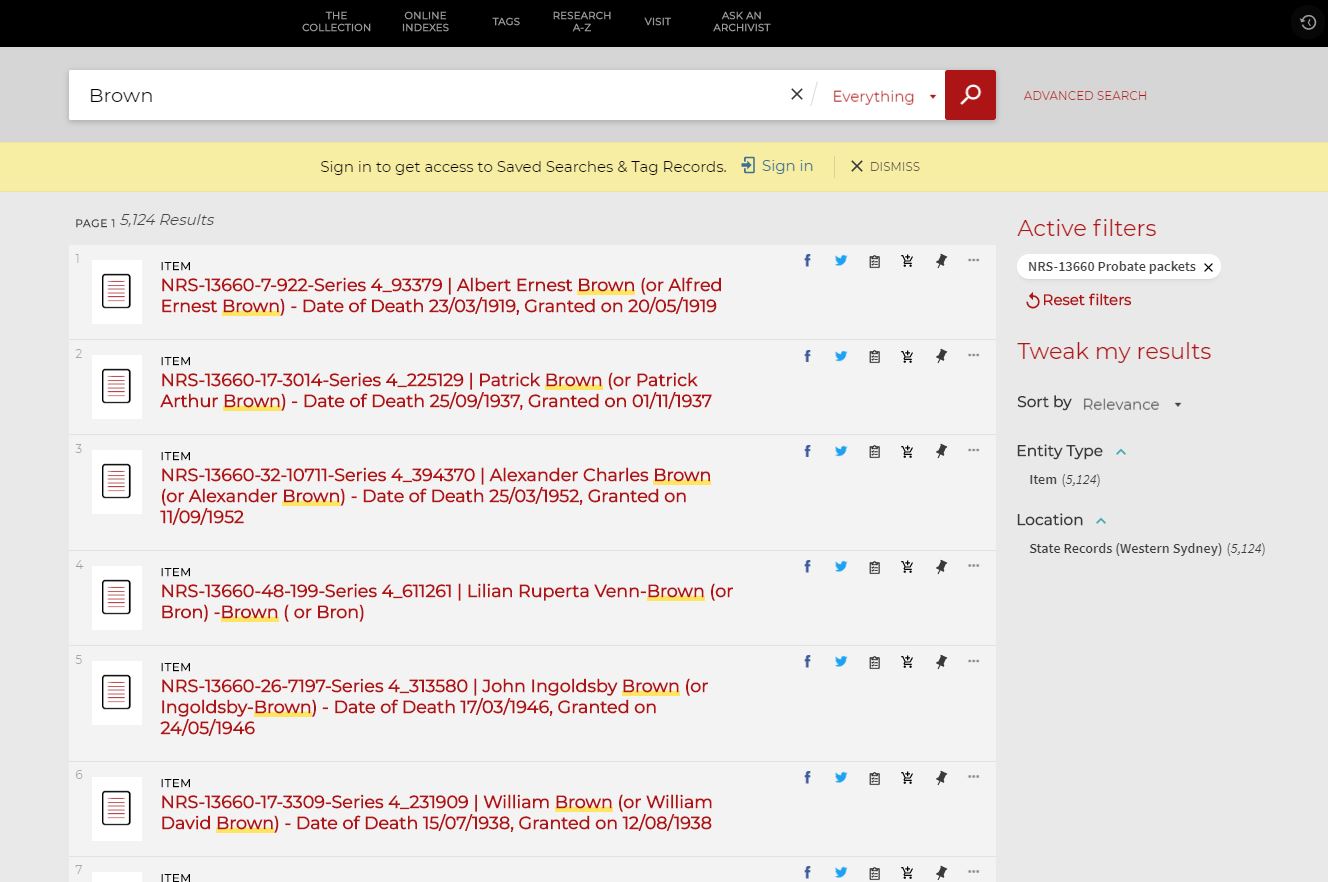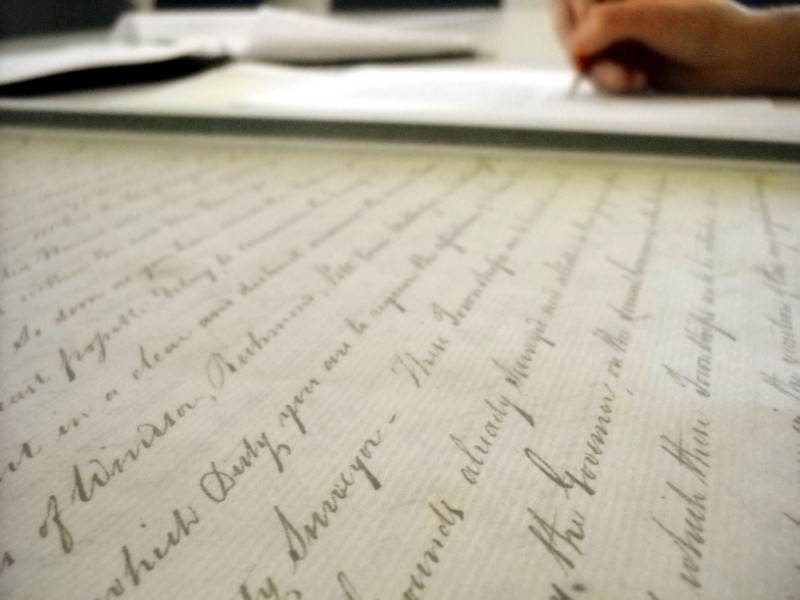Remember, it is always easier to work from the present to the past when tracing your family history. A good place to start is with yourself: write down your date of birth and then other important dates such when you were married and when your children were born. Continue recording this basic information working back through the generations, your parents, grandparents, great grandparents...
Archives are the 'raw material of history'. The State archives document the business of government in New South Wales - and its interaction with people and groups in our society - from the arrival of the First Fleet in 1788 until today.
The ARK is held by 40 community access points across NSW. The majority of access points are libraries. The ARK consists of microfilm copies of our most popular and heavily used colonial records. Included are records relating to convict arrivals, assisted immigrants, births, deaths and marriages, publicans' licences, electoral rolls, naturalisation, returns of the colony ('Blue Books'), land grants, and the wide range of functions of the Colonial Secretary (1788-1825).
We have made some of the most useful State archives for family and local history available in the Archives Resources Kit, located at 40 community access points around NSW
When State archives that are damaged are requested by a reader, to view in the reading room, they are assessed and treated by our conservators. Damage may have been caused by poor storage practices, unfortunate disasters, or bad handling in the past. We refer to these archives as being “Too fragile to issue” and these archives cannot be accessed either by staff or readers until they have been treated by Conservation.
This page provide information about the level of research advice offered by NSW State Archives and how to have research carried out on your behalf.
Information about our guarantees of service include services for the reading room; enquiries; copying; outreach; publications orders; and website.
Make the most of your visit by pre-ordering your Requests for the Reading Room in advance. We recommend that you submit your requests at least 2 working days* ahead of your visit. If you are unable to place your order in advance, you may experience delays in receiving your records on the day..
If you are considering publishing, reproducing, printing, displaying or transmitting State archives (either entire documents or extracts therefrom) to other people you need to ask for permission to use State archives. This guide includes information on how to request permission to publish and how to cite records accurately.
Search series, items, digital images and online index entries all in the one place. The new Collection Search is a powerful single search tool that provides access to the 1.9 million items in the State Archives Collection and the 1.7 million Online Index entries in the one place for the first time. This includes 6,500 never before seen series and 300,000 new items.
In these days of high tech tools and databases which can answer research queries in an instant, the challenge presented by reading and interpreting handwritten archival documents often comes as a surprise to first time researchers. In fact interpreting old handwriting can be a laborious and time consuming task for even the most experienced.


